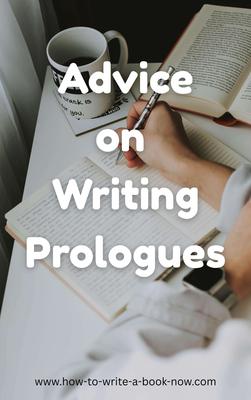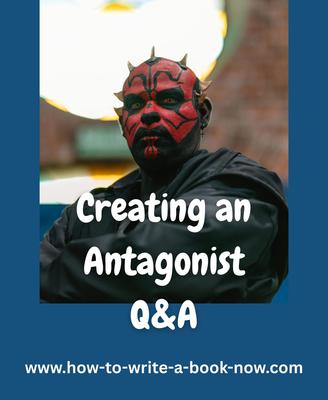Pacing Plot Sequences
by Vijay K Kerji
(India)
I read your novel writing workbook, and came across Plot Sequences.
This flow is applicable to even a chapter which contains a single scene.
1. My question is can any of these steps be written only by narration without using dialogues?
For example, I would like to write Setup portion of a scene by narrating the surroundings, character backgrounds, and a hint of upcoming conflict.
Similarly, I would like to write Climax/Crisis without dialogues but with narration only.
2. My second question pertaining to Plot sequence is, should we have each of the above steps in equal proportion in a chapter? (For example, 500 words each in a 2000 words chapter).
3. Should the climax always have tenseful (or quarrelsome) scene? Can I have climax where the two characters are wondering by looking at Statue of Liberty on their trip to NY City?
4. Finally, I am bit struggling to differentiate between Complication and Crisis while I wrote few chapters. How can we differentiate them? Or make them feel different?
5. Any useful ideas to know more about the Plot Sequence when we write a chapter and a novel is greatly appreciated.
Cheers,
Vijay K Kerji
Response:
1. Not every event requires dialogue. Action may be enough to illustrate a change. So might a character's inner thoughts, as in coming to a realization. What matters is that something changes that will affect the story from then on.
2. There are no requirements regarding
3. A crisis is a moment where an irreversible and meaningful change must occur, because there is no other way to move forward. "Wondering" is not a change. Coming to a decision or realization would be a change. So would an irreversible action.
4. A complication is a deepening of a problem. Often, it is where difficulties or challenges arise. You can think of this as a dialectic process in which the setup is the "thesis," the complication is the "antithesis," and the resolution as the "synthesis." The crisis, as above is the moment where the conflict between the first two reaches its zenith so that it gives birth to the synthesis.
5. I have addressed these issues in various places on this site, but you can also google the subject.
- Home
- Plot Questions
- Pacing Plot Sequences















